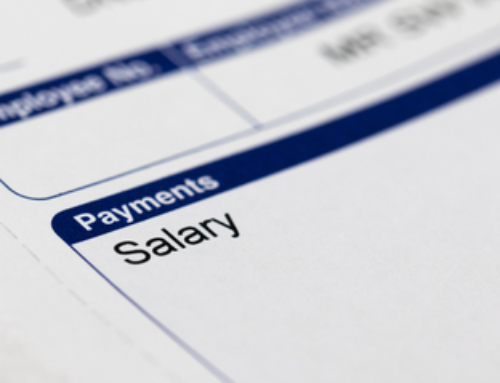It is against the law to discriminate against someone on the following grounds:
- Age
- Gender reassignment
- Being married or in a civil partnership
- Being pregnant or on maternity leave
- Disability
- Race
- Religion or belief
- Sex
- Sexual orientation
These characteristics are protected by the Equality Act 2010. If your employer discriminates against you on these grounds, then they have broken the law.
What does employment discrimination look like?
There are several different types of discrimination.
- Direct discrimination – this is when someone with a protected characteristic is treated less favourably than others.
- Indirect discrimination – when rules are put into place that apply to everyone, but put someone with a protected characteristic at an unfair disadvantage.
- Harassment – this is when someone with a protected characteristic is victim to unwanted behaviour (which might violate their dignity or create an offensive environment).
- Victimisation – this is when someone is treated unfairly because they’ve complained about discrimination.
The law is there to protect you against these forms of employment discrimination.
How do I know if I’m being discriminated against?
If you have a protected characteristic, and are being treated unfairly or differently because of it, you might be being discriminated against. For example, if you are being treated differently because you’re a woman or disabled, then this might be discrimination.
It could take the form of unfair dismissal, lower wages, overlooking for promotion or harassment.
What can I do if I’m being discriminated against?
It is against the law for someone to discriminate against you, so if you are experiencing discrimination at work then you might be able to take your employer to an Employment Tribunal.
First of all, you should try to sort out the problem informally by discussing it with your employer. If the discrimination is coming from another member of staff, your employer may not be aware and will want to sort it out for you.
If this doesn’t work, then it will be a good idea to contact an employment lawyer to discuss the next steps. They will be able to advise you about whether or not you should go to an Employment Tribunal. The Tribunal can decide the complaint and, if you win, may order what is called a ‘remedy’. This could involve:
- Awarding compensation
- Requiring your employer to do something specific to remove the bad effects of the discrimination
- Providing a reference or reinstating your job.
Where can I go if I need more advice?
Here at Beeston Shenton, we have a dedicated employment team who will be happy to help with any queries. Just get in touch today.




